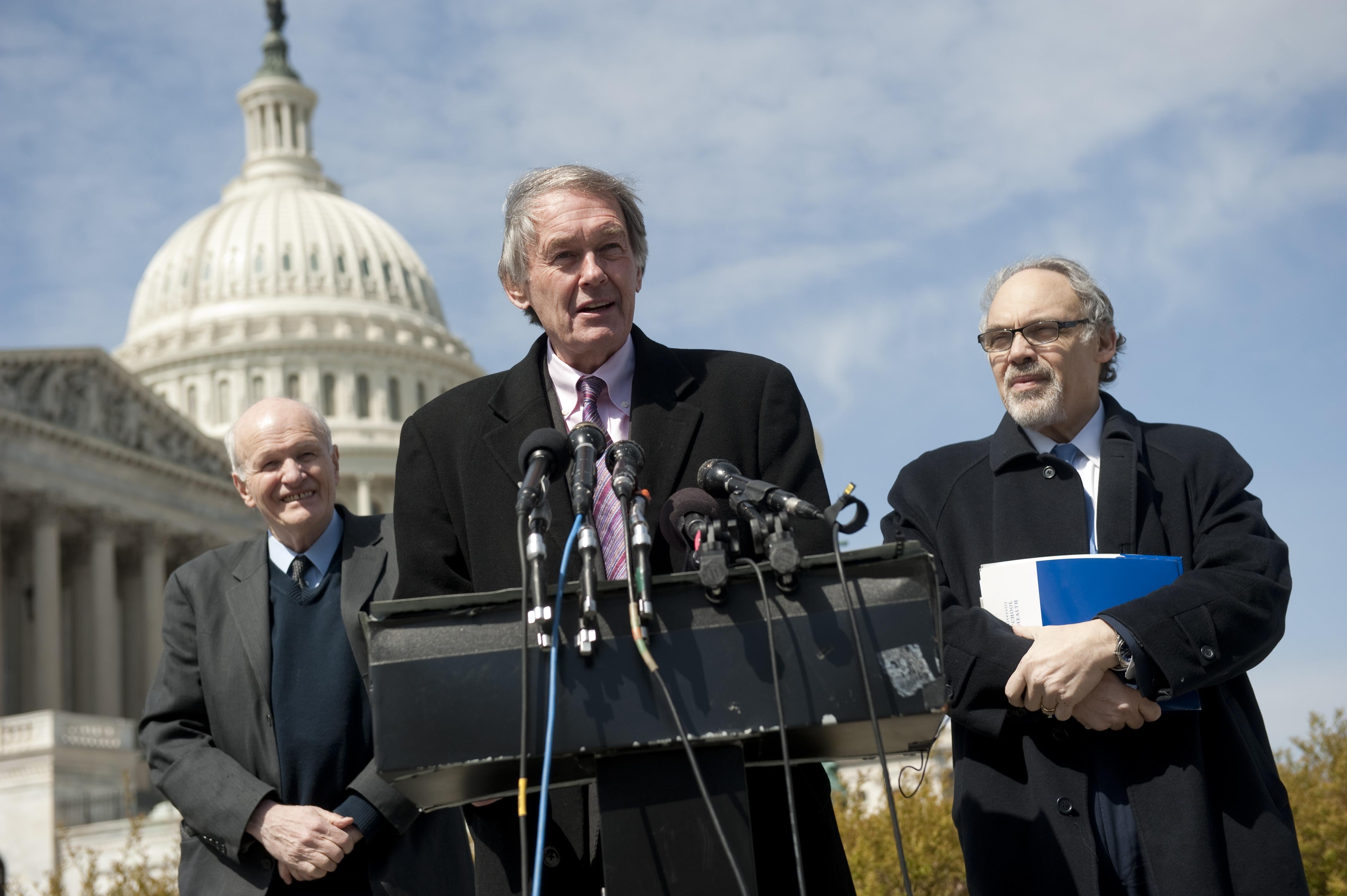Before the polls closed yesterday, I wrapped up this study of the Massachusetts special election for U.S. Senate. My questions? Why were so many pundits and even reporters insistent that 1) Ed Markey, the capable Democrat who’d been a senator-in-waiting for decades,* was a bumbler who’d blow it like Martha Coakley did, and 2) Gabriel Gomez, the first-time candidate with a sheaf of talking points, was a new Scott Brown? The answer, basically, was an overreliance on Narrative and underappreciation of basic political science.
I asked Charlie Cook, the great election handicapper, why he’d once predicted a Massachusetts “toss-up.” He was nice enough to answer, and I quote him a bit in the story, but here’s his full exegesis.
We moved it from Lean Democrat to Toss Up on May 30 and returned it to Lean Democrat on June 12.
We had been underwhelmed by Markey’s campaign and the public numbers were all over the map, from one point to 20 points. We saw several sets of private numbers that showed the race in mid-single digits, suggesting that it was closing. We changed the rating and then began to some other numbers, from even more reliable pollsters/sources, with a wider margin that convinced us that the race either hadn’t closed or had widened back out. The fact that the DSCC dumped in a seven-digit television buy around the same time suggested that we weren’t alone in thinking that Markey did not have the race in the bag.
Everyone agrees that Gomez isn’t Scott Brown and that Markey isn’t Coakley. Gomez had a better resume but fewer political skills than Brown had. Being tied to the state Capitol and Mass state Democratic politics didn’t help Coakley, having been in Washington forever didn’t help Markey. But after what happened to Coakley, there was no chance of an element of surprise being involved and national politics are at a different place now than in January 2010. No comparisons are perfect and the Coakley/Brown and Markey/Gomez comparison is no different.
Back on Mass, you can bet that the NRSC and Crossroads looked very hard at it, spent considerable amounts of money on polling and just didn’t see it happening. After last November, the last thing they wanted was to raise the stakes and expectations then lose. Their donors would have gone nuts. So they very clinically and unemotionally looked at it and made the cold-blooded decision that it either wasn’t there or wasn’t worth the risk. But the final decisions weren’t made until not that long ago. At the same time, when you look at Dems effectively outspending Gomez by better than 2-1, sending both Obamas, Biden and who knows who else up, they were not taking any chances, retrospectively looks like using a shotgun on a gnat, but that is with the benefit of 20-20 hindsight. Had they lost it, heads would have rolled. Better to be safe than sorry.
Final point: While some have written about ambivalence among GOP donors in general, I think the point that is being missed is that these folks were told and really believed that Romney could and would win. They heard it from the campaign, the party committees, the superpacs and from Fox. They don’t know who to believe now. The GOP has to re-earn their donors trust, as does Fox. I can’t tell you how many Republican House members have told me that they had no idea that Romney wasn’t going to win, all the way to Election Day.
*He nearly ran for the seat in 1984, deferring to rising star John Kerry.
